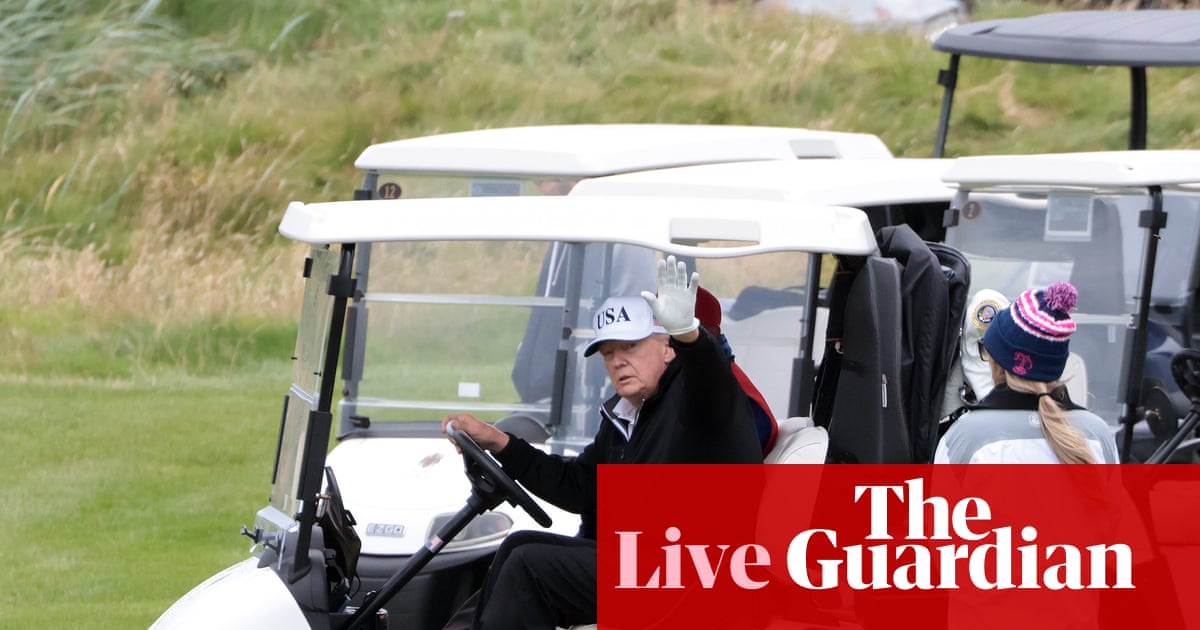T4K3.news
U.S. and China meet to discuss trade tariffs
U.S. and Chinese negotiators are in Stockholm to address key economic disputes.

Negotiators from the U.S. and China are in Stockholm to discuss economic disputes and tariffs.
U.S. and China aim to extend trade truce in Stockholm
On May 10, 2025, senior U.S. and Chinese officials, including U.S. Treasury Secretary Scott Bessent and Chinese Vice Premier He Lifeng, are meeting in Stockholm to address key trade issues. The purpose of this meeting is to extend a truce and avoid escalating tariffs ahead of an August 12 deadline. Both nations have already set a preliminary agreement to alleviate tension after a series of trade disputes. The talks come after a recent meeting between President Trump and European Commission President Ursula von der Leyen, which resulted in a new EU tariff agreement. Analysts believe significant breakthroughs are unlikely, but the discussions could help pave the way for a meeting between Trump and Xi Jinping later this year, ultimately attempting to stabilize the global supply chain.
Key Takeaways
"Stockholm will be the first meaningful round of U.S.-China trade talks."
This statement highlights the significance of the current negotiations and their potential impact.
The Stockholm negotiations represent a critical juncture in U.S.-China relations, particularly as both economies face unprecedented pressures. The ability to maintain dialogue is essential not just for the involved countries but also for the wider global market. While meaningful progress may be limited, even a pause in tariff escalations could restore some confidence for international businesses, especially given the broader implications of potential hikes in duties. However, the ongoing tension about the export-driven nature of China's economy and U.S. tech controls remains a significant hurdle.
Highlights
- Trade talks could set a hopeful path for U.S.-China relations.
- A truce on tariffs is crucial for global supply chains.
- Negotiations in Stockholm may stall but aim to prevent escalation.
- The stakes are high as tariffs threaten international markets.
Trade negotiations carry significant risks
The outcome of the U.S.-China talks could lead to renewed tariff escalations, affecting global trade and supply chains.
As discussions move forward, the global market watches closely for potential shifts in trade policy.
Enjoyed this? Let your friends know!
Related News
US and China engage in pivotal trade discussions in Stockholm
Trump and Marcos discuss tariffs during White House meeting
China supports firms impacted by U.S. tariffs
Trump meets EU chief as tariff talks intensify

Trump and Starmer meet in Scotland for trade discussions
Trump and Starmer hold critical discussions in Scotland
China maintains oil purchases from Iran and Russia

Key week ahead for oil markets as OPEC and Fed meet
